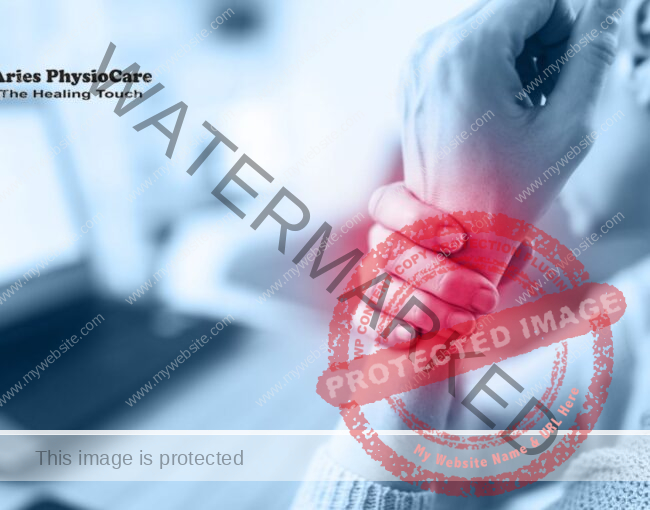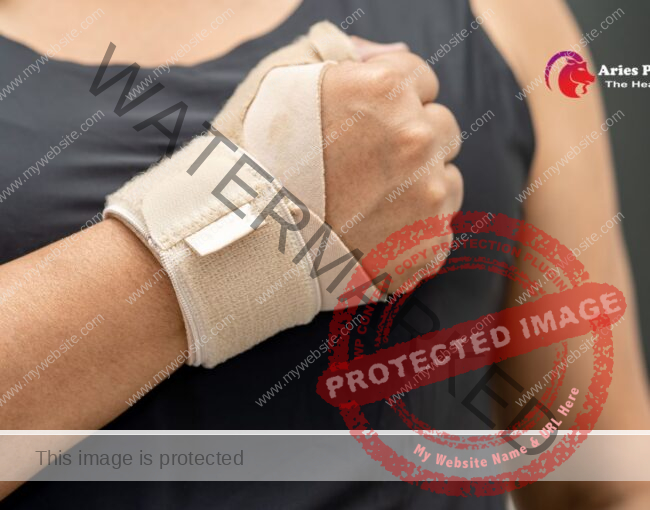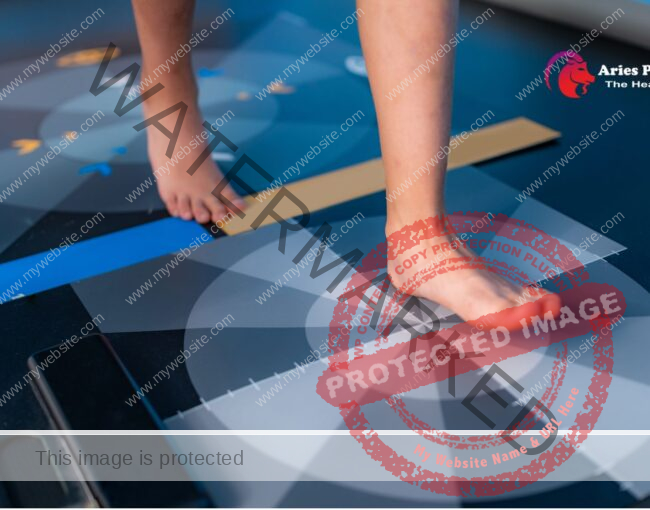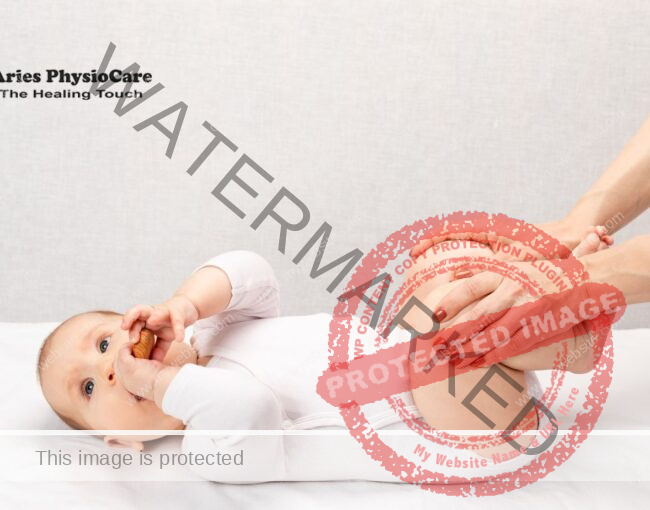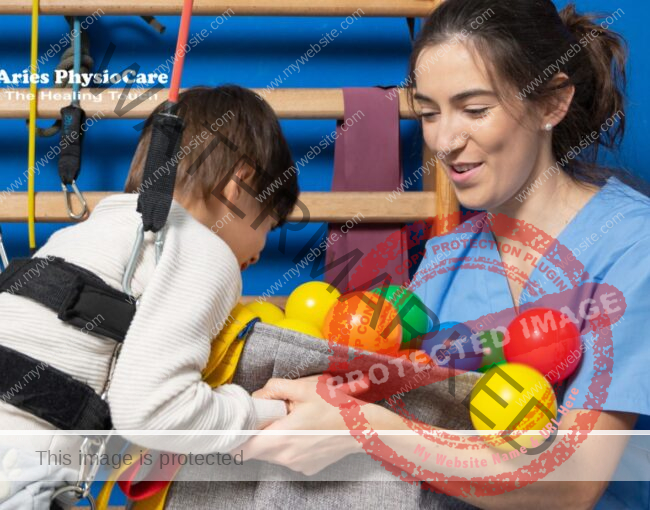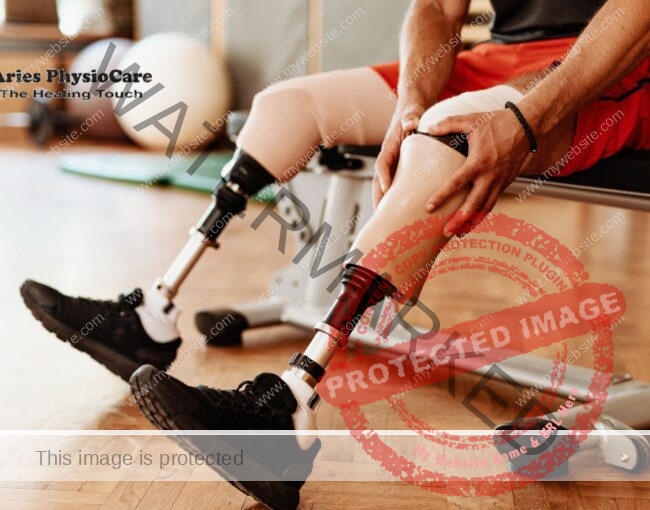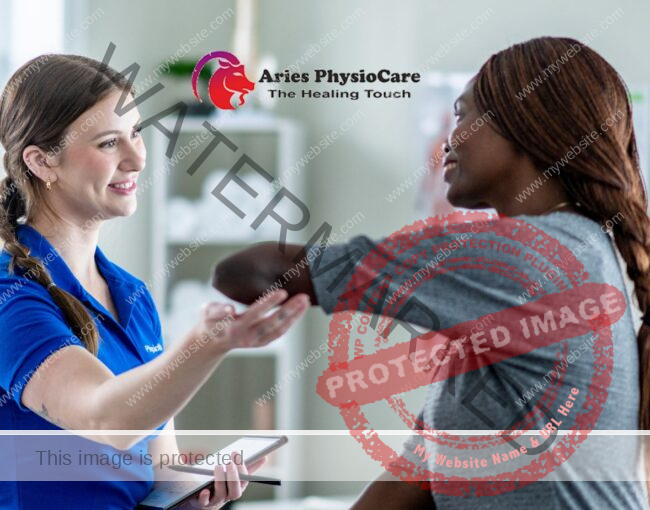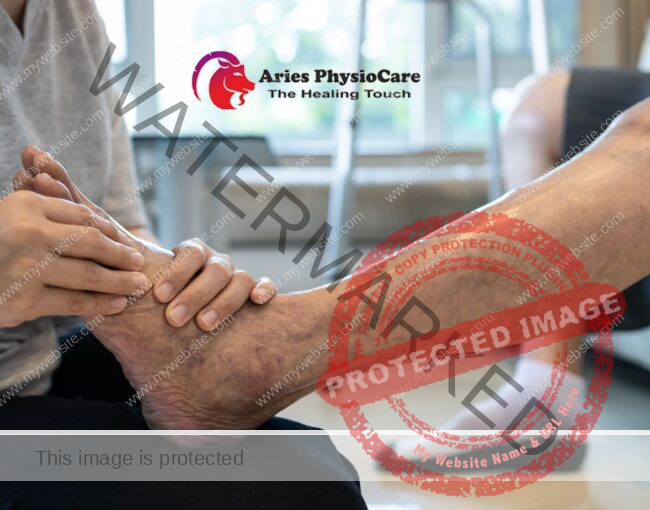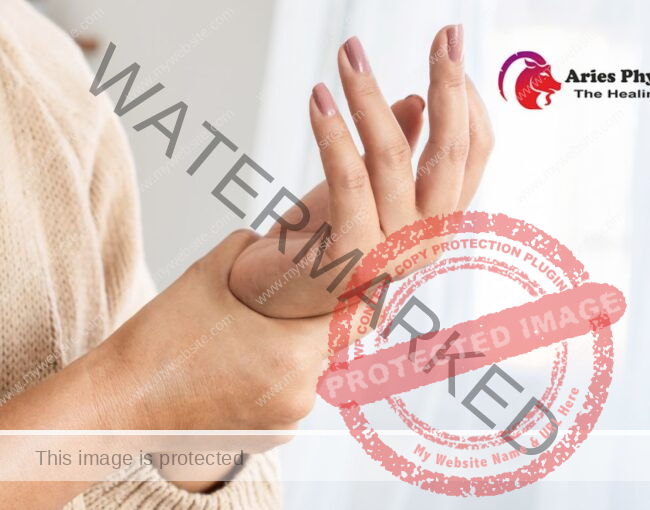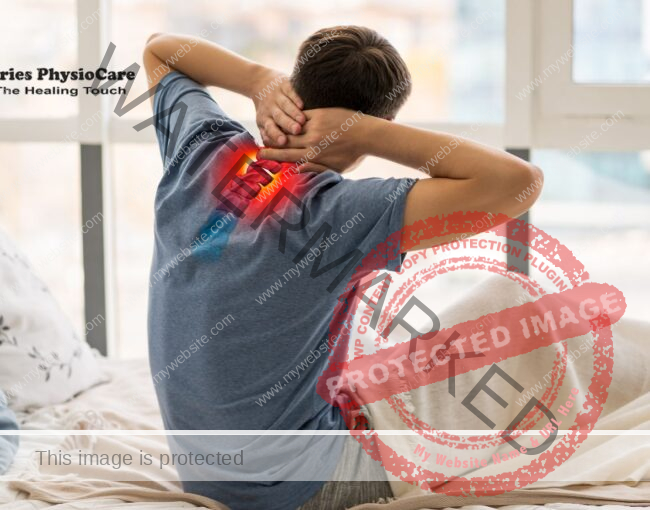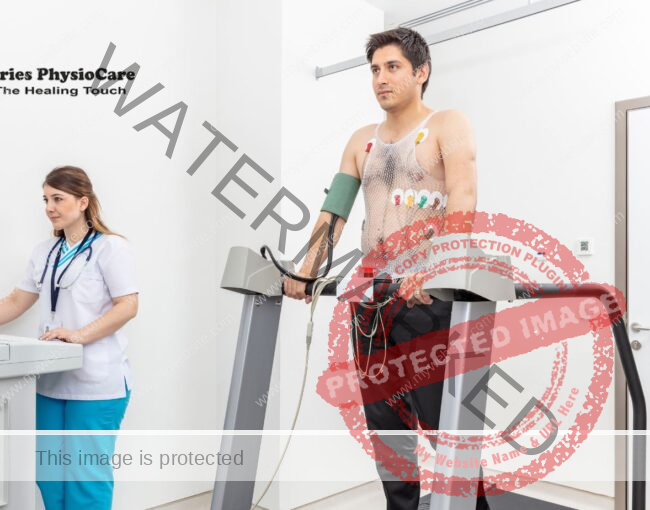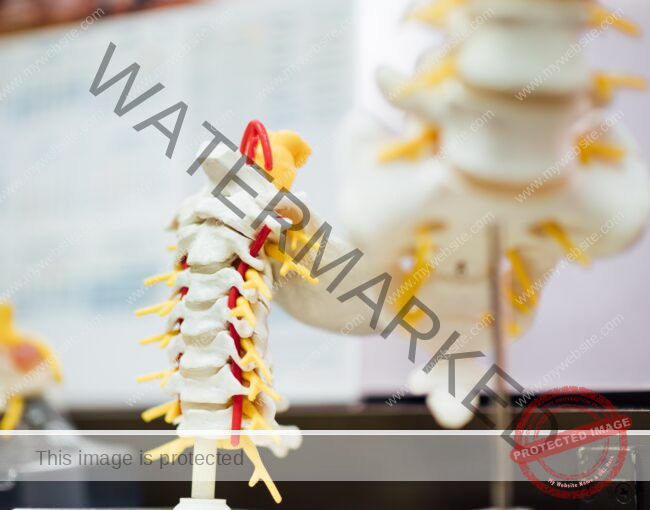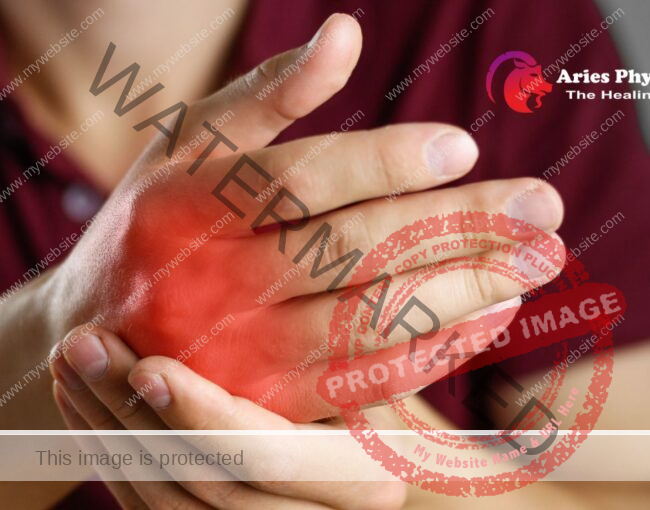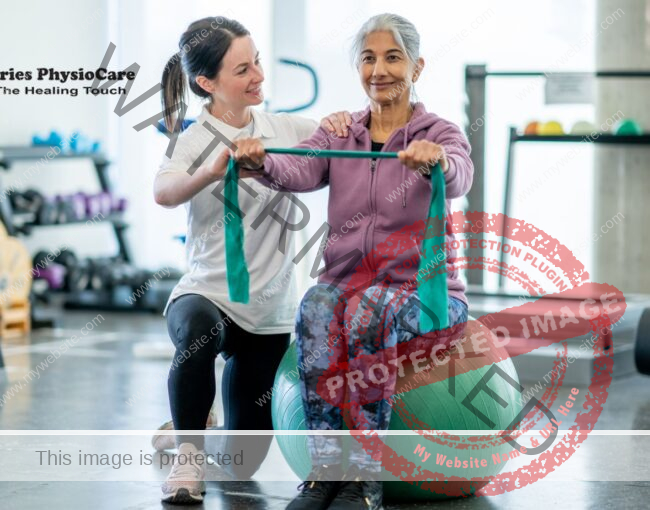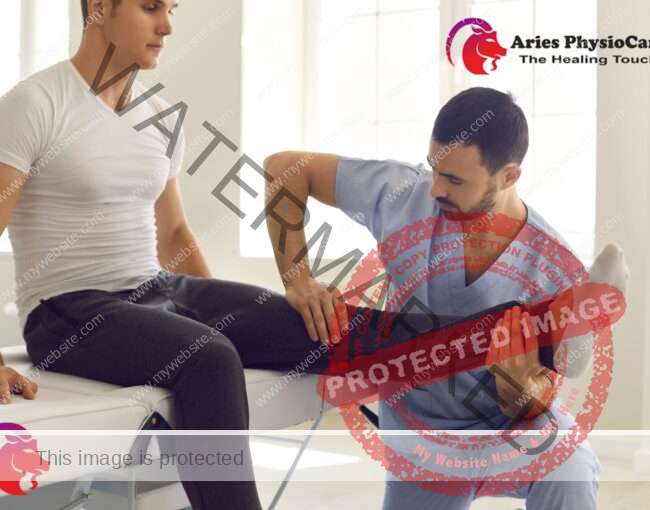Best Treatment For Lateral Collateral Ligament(lcl) Injury
At Aries PhysioCare in Mumbai, we adopt a comprehensive approach to healthcare, prioritizing accessibility and convenience for Lateral Collateral Ligament(lcl) Injury physiotherapy services. Our commitment extends from initial consultation through treatment, ensuring thorough post-treatment care.

In Clinic Physiotherapy

Home Physiotherapy

Virtual Physiotherapy
Aries PhysioCare Specialities In Mumbai
Aries PhysioCare In Mumbai, provides treatments across multiple specialities in Mumbai. Confirm with us the availability of Mumbai expert in Mumbai in your nearby areas.
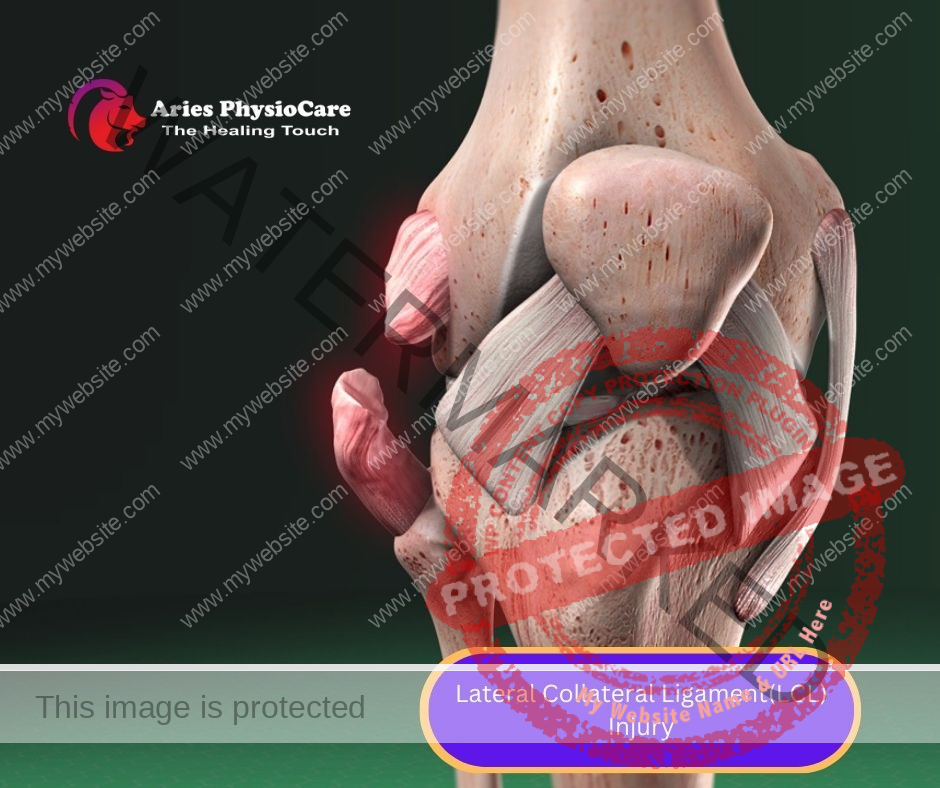
An LCL injury involves damage to the lateral collateral ligament, which stabilizes the outer side of the knee. This injury can occur due to a direct blow to the inner knee, a sudden twist, or a force that pushes the knee outward. Physical therapy is crucial in managing LCL injuries, focusing on reducing pain, restoring knee stability, and improving overall function.
Get the best treatment for your Lateral Collateral Ligament(lcl) Injury from the expert doctors at Aries PhysioCare. Our dedicated team of physiotherapy professionals is committed to providing personalized and effective care to address your specific needs. Whether you are dealing with Lateral Collateral Ligament(lcl) Injury related symptoms, our skilled and experienced physiotherapists will tailor a comprehensive treatment plan to promote healing and improve your overall well-being. At Aries PhysioCare, we combine state-of-the-art facilities with a patient-centered approach, ensuring that you receive the highest quality care.
- Muscle Strains
- Joint Sprains
- Low Back Pain
- Osteoarthritis
- Neck Pain and Stiffness
- Rotator Cuff Injuries
- Tendonitis
- Carpal Tunnel Syndrome
- Sciatica
- Plantar Fasciitis
- ACL Tears and Knee Injuries
- Stroke Rehabilitation
- Multiple Sclerosis (MS)
- Chronic Fatigue Syndrome
- Fibromyalgia
- Muscle Strains
- Joint Sprains
- Low Back Pain
- Osteoarthritis
- Neck Pain and Stiffness
- Rotator Cuff Injuries
- Tendonitis
- Carpal Tunnel Syndrome
- Sciatica
- Plantar Fasciitis
- ACL Tears and Knee Injuries
- Stroke Rehabilitation
- Multiple Sclerosis (MS)
- Chronic Fatigue Syndrome
- Fibromyalgia
Key Benefits of Physiotherapy
Pain Relief:
Physiotherapy offers targeted interventions to alleviate both acute and chronic pain, providing relief through exercises, manual therapy, and other specialized techniques.
Enhanced Mobility and Flexibility:
Tailored exercises and stretching routines help improve joint mobility and flexibility, allowing individuals to move more freely and comfortably.
Injury Rehabilitation:
Physiotherapy plays a crucial role in the rehabilitation of injuries, promoting faster recovery, and restoring strength and function to affected areas.
Prevention of Future Injuries:
Physiotherapists design preventive exercise programs to reduce the risk of injuries, enhancing overall musculoskeletal health and resilience.
Post-Surgery Recovery:
Customized rehabilitation plans post-surgery aid in the recovery process, optimizing healing and restoring functionality after surgical procedures.
Improved Posture:
Physiotherapy addresses postural issues through targeted exercises and ergonomic guidance, promoting better alignment and reducing strain on the body.
Management of Chronic Conditions:
Individuals with chronic conditions benefit from physiotherapy’s holistic approach, managing symptoms, improving daily functioning, and enhancing overall quality of life.
Sports Performance Enhancement:
Physiotherapists work with athletes to enhance performance, prevent injuries, and optimize physical conditioning through specialized exercises and training programs.
Our Expert Physiotherapists in Lateral Collateral Ligament(lcl) Injury
In Mumbai, our licensed and extensively trained experts are dedicated to delivering the utmost quality care. Every expert on our team undergoes thorough vetting by Aries PhysioCare to ensure the highest standards of proficiency and professionalism.
Lateral Collateral Ligament(lcl) Injury

Our Latest Blog's
Our Happy Patient Testimonial
Exceptional care and expertise at Aries PhysioCare! The dedicated team goes above and beyond to provide personalized physiotherapy, fostering a supportive environment for optimal healing and well-being. Truly grateful for their transformative approach to healthcare.

Rayan Methew
Patient at Aries PhysioCareFAQ'S
Some Frequently Asked Questions Regarding Physiotherapy Services
LCL injuries are often caused by a direct blow to the inner knee, a sudden twist, or a force that pushes the knee outward, leading to damage to the lateral collateral ligament. Common symptoms include outer knee pain, swelling, and potential instability.
Diagnosis involves a physical examination, medical history review, and sometimes imaging studies like X-rays or MRI to assess the location and extent of the LCL injury.
While complete cure may depend on the severity of the injury, management strategies, including physical therapy, focus on reducing pain, restoring knee stability, and improving overall function through exercises and interventions.
Physical therapy for LCL injuries involves interventions to reduce pain, improve knee stability, and enhance overall function. Therapists may provide exercises, range of motion activities, and activities to optimize overall knee stability.
Exercises are tailored to the individual’s specific injury severity and functional goals. Therapists may recommend strengthening exercises, proprioception activities, and activities to enhance overall knee stability.
Lifestyle modifications may involve incorporating prescribed exercises into daily routines, using protective braces as needed, and following guidelines to prevent activities that may exacerbate symptoms. Individuals may also receive education on recognizing signs of worsening symptoms and the importance of consistent rehabilitation.











































